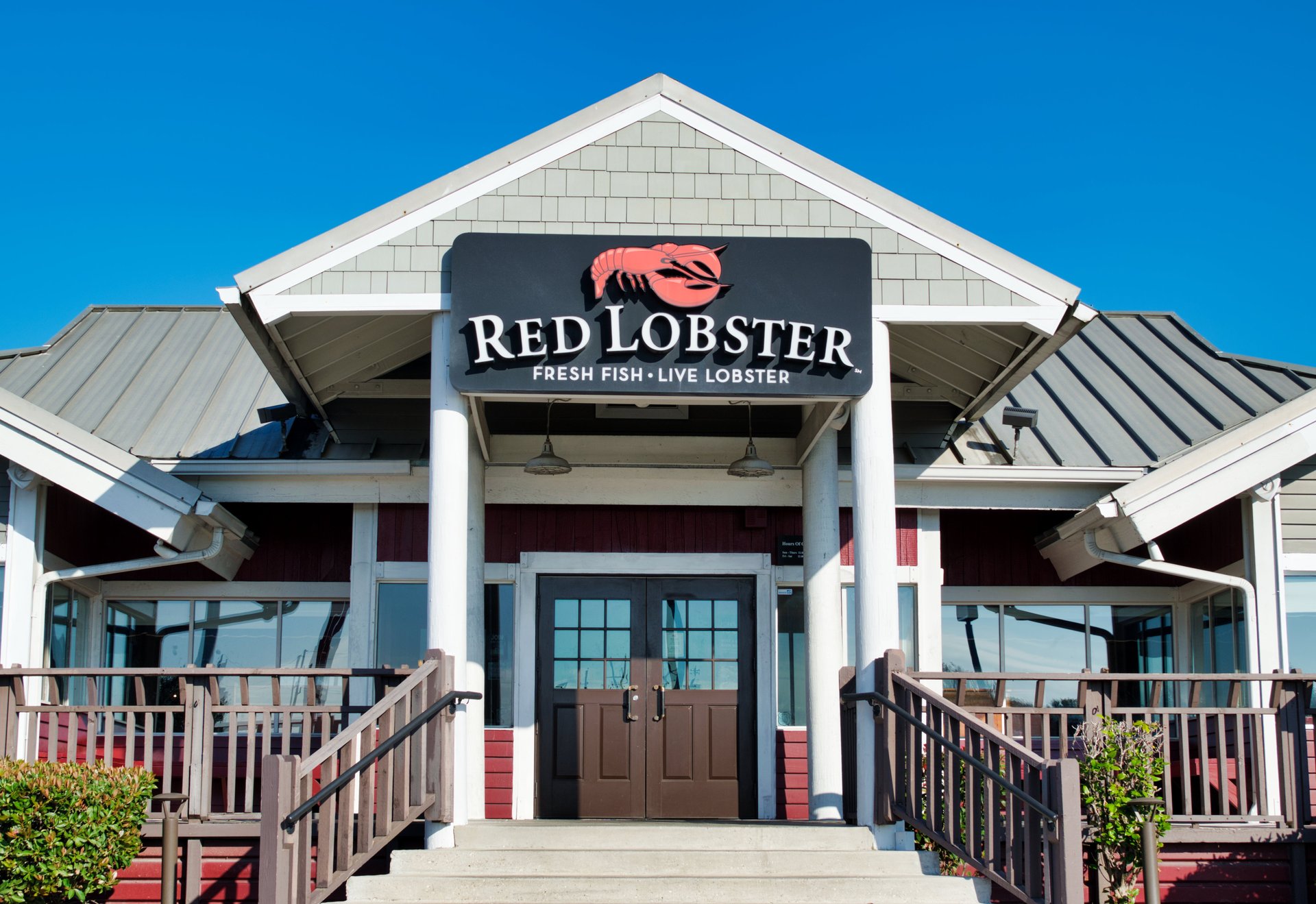Red Lobster is ready for a comeback, analysts say
The seafood chain has a new owner and that could salvage its business in the long run

Red Lobster has a chance to make a comeback.
Suggested Reading
But that hinges on whether the world’s largest seafood chain adapts to changing market demands and gets attuned to what customers want. Should it do so, it has solid shot at rejuvenating its brand and driving market share.
Related Content
“The company has a lot of goodwill and lot of brand equity,” Daniel Gielchinsky, founder of law firm DGIM Law, told Quartz in an interview. Gielchinsky, who has provided legal expertise for other bankruptcies, such as Bed, Bath & Beyond, Party City, and Toys R Us, added: “The market has been cheering for Red Lobster to emerge as a healthier business.”
Last week, Red Lobster said in a court filing that would accept Fortress Investment Group’s proposal after the chain did not receive any other competitive bids. Fortress has had a hand in helping other companies deal with high-profile investments and restructuring efforts. In the past, the firm has worked with discount grocer Aldi, Sprouts Farmers Market, and car rental company Hertz.
In May, Red Lobster filed for Chapter 11 bankruptcy protection as it looked to “make changes” to its business, after a string of failed lease-back agreements and $20 “endless shrimp” promotions gashed earnings. That same month, as bankruptcy rumors surfaced, the chain said it would close 50 locations. Meanwhile, its liquidator TAGeX Brands, said it would auction off to the highest bidder whatever was inside the deserted locations, including equipment.
It’s more about the “bad leases Red Lobster got themselves into” than it is about the all-you-can-eat shrimp and crab, R.J. Hottovy, Head of Analytical Research at foot traffic analytics firm Placer.ai, told Quartz. Hottovy said the chain’s new owners will need to take a look at what locations are “viable going forward, and which ones are probably just worth letting go.”
But even so, Gielchinsky said the $20 endless shrimp deal was a bad move by the chain’s owners, Thai Union Group, which “forced a lot of decisions on to Red Lobster as an operator.”
“They wanted to profit without giving too much thought as to whether Red Lobster could withstand a $20 promotion forever, or whether customers really wanted it,” he said.
The Thailand-based company wants to sell its remaining $500 million stake in the chain by the end of 2024.
Within a year, Gielchinsky said Red Lobster will emerge as “a stronger chain,” and one that features new types of promotions that will draw customers back in the door.
“I don’t think anyone ever really lost faith in it,” he said.
